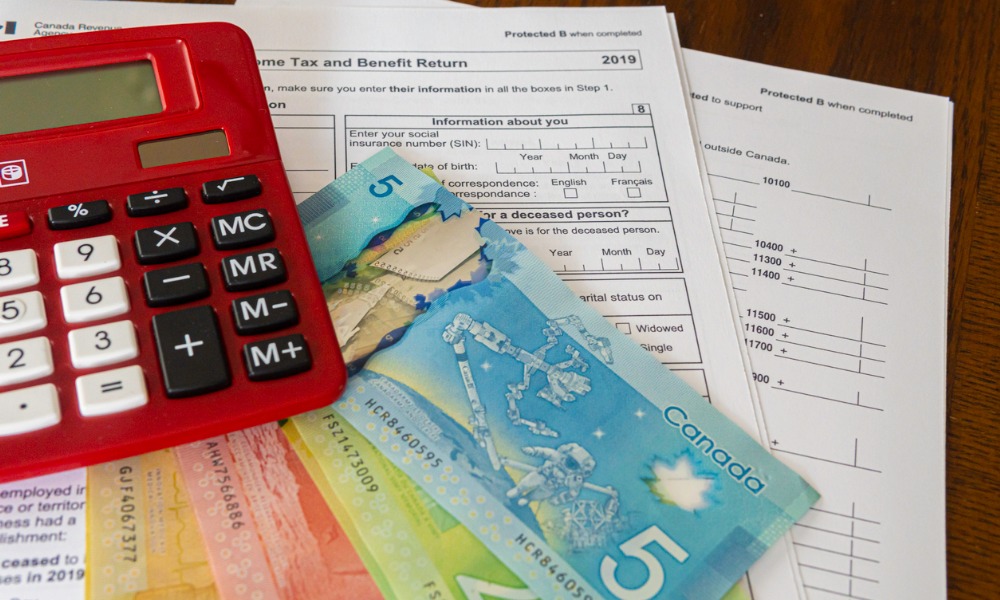Tax is an important part of settling a deceased client's estate but the process can’t be rushed, says expert

Filing a deceased person’s final tax return is a particularly tough task. When grieving a loss, the last thing anyone wants to do is effectively end the person's life again via paperwork.
H&R Block Senior Tax Expert Josée Cabral, told WP that a huge amount of empathy is required to help someone file this return on behalf of the deceased but that’s it’s also vital the right steps are taken, in the right order.
The first issue is an estate planning one, with the person hopefully having appointed an executor before they passed. If they haven’t, a court will most likely appoint either a spouse, common-law partner or next of kin.
The second thing that must happen is the CRA and Service Canada have to be notified, especially if the deceased is receiving a pension or benefits. This must be done via a death certificate, and any benefits then transferred to the survivor. In addition, banks and other institutions have to be notified, adding to the weight of admin.
Crucially, there are deadlines for the final tax return. For somebody who passes away between January and October, the tax deadline is April 30, but for someone who dies in the month of November and December, they have six months to file.
The next stage is a will search, which is when some people find out who the executor is, or whether there are more people involved. Cabral said: “Sometimes people pass away, and they don't necessarily tell the person that they will be their executor, and it comes as a surprise.”
She added: “Depending on what month the person passes away, it's possible they may not receive their tax documents on time. So, if you do receive any kind of payments after the death, because you didn't communicate with both authorities on time, then you would then have to file after you finish filing your final return the following year.
“You would have to file a T3 return, which is an estate return, and which is something that in all possibilities we try to avoid. We try to make sure that there are no kinds of payments that are issued after the person's passing.”
Once the return is filed, it could take three to six months to get a response because the authorities have to verify that everything was declared and there were no other assets. Once they are satisfied, they send out a clearance certificate, which is called a TX19. This then allows the person who is taking care of the estate to distribute the properties and the assets to the people that are in the will.
“Before they get [the certificate], the can’t distribute anything,” Cabral said, “because if ever there's any kind of debt, it will be their responsibility. That’s why it's very important that you make sure there are no kind of dues anywhere before you distribute the assets.”
If this is not done, and more debt arises, the estate takes on the debt via the executor, which is why some people do not want that role. In short, the executor has to collect the debt from other people, diminishing the estate. Cabral added: “It’s very important to be aware and to know what kind of assets the deceased person has because if you're taking on a file and you have no knowledge of what's going on, the process may take longer.”
The most common errors arise from people trying to rush the process and, understandably, trying to get it done as fast as possible. By doing that, they often forget important tax slips, such as bank interest or savings accounts.
Cabral said: “The most important thing is to take the time to make sure that you have all the tax documents. When you deal with a tax specialist, like H&R Block, it helps. I've been doing my customers taxes for 10 years. If somebody passes away, I know what that person declared every single year, so I’m capable of telling that person, ‘ we're missing this, or we're missing that’.”



